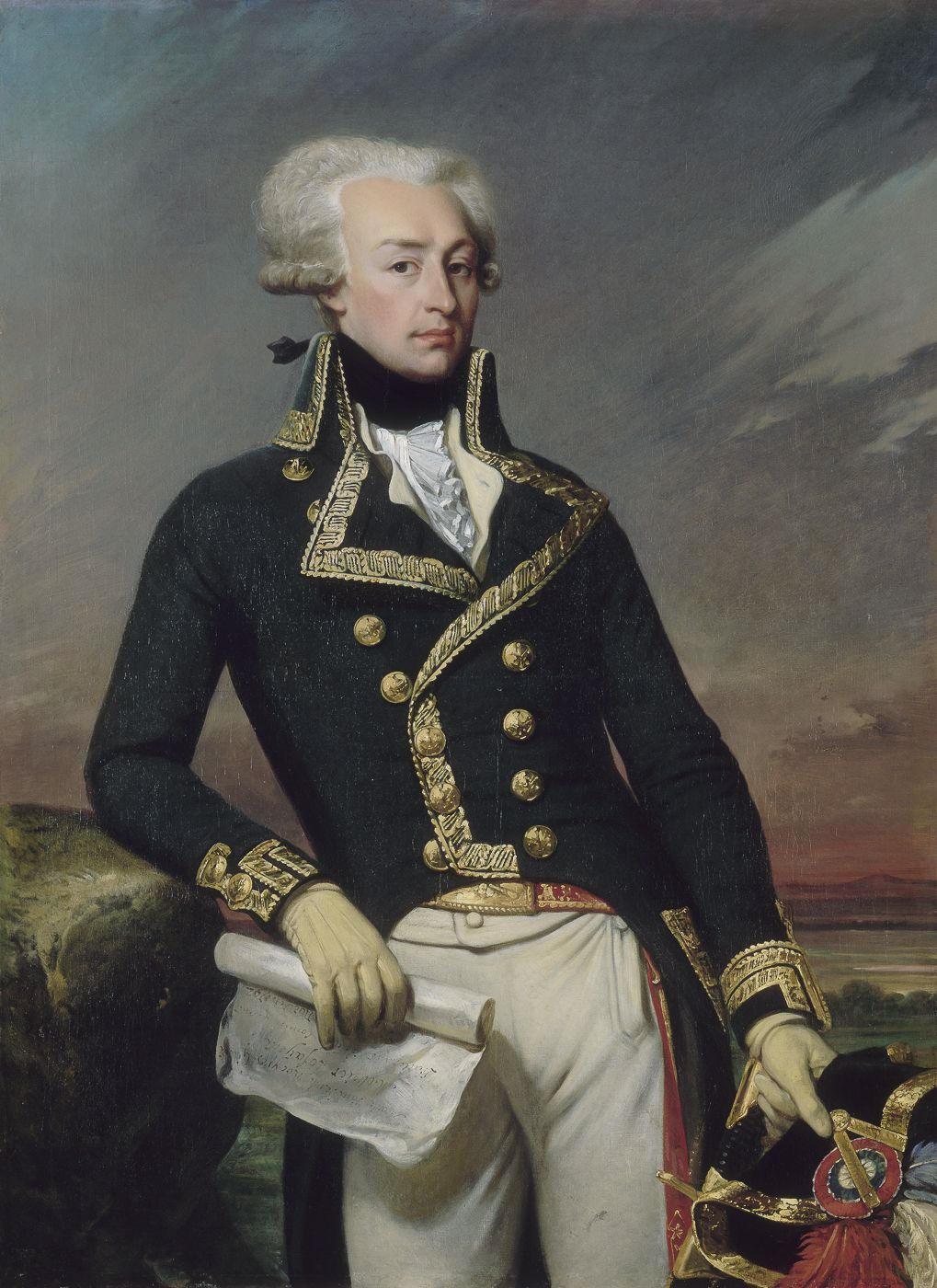Speech (3 January 1834), quoted in Lafayette in Two Worlds: Public Cultures and Personal Identities in an Age of Revolutions (1999), p. 256
Контексте: True republicanism is the sovereignty of the people. There are natural and imprescriptible rights which an entire nation has no right to violate, just as national sovereignty is above the secondary agreements of the government.
Жильбер Ла Файет: Цитаты на английском языке
Letter to his father-in-law, the Duc d'Ayan (4 December 1776), as quoted in George Washington's Generals and Opponents: Their Exploits and Leadership (1994) by George Athan Billias, p. 219
Контексте: I read, I study, I examine, I listen, I reflect, and out of all of this I try to form an idea into which I put as much common sense as I can. I shall not speak much for fear of saying foolish things; I will risk still less for fear of doing them, for I am not disposed to abuse the confidence which they have deigned to show me. Such is the conduct which until now I have followed and will follow.
Letter to the Bailli de Ploën, as quoted in Recollections of the Private Life of General Lafayette (1835) by Jules Germain Cloquet, Vol. I, p. 24
Контексте: An irresistible passion that would induce me to believe in innate ideas, and the truth of prophecy, has decided my career. I have always loved liberty with the enthusiasm which actuates the religious man with the passion of a lover, and with the conviction of a geometrician. On leaving college, where nothing had displeased me more than a state of dependance, I viewed the greatness and the littleness of the court with contempt, the frivolities of society with pity, the minute pedantry of the army with disgust, and oppression of every sort with indignation. The attraction of the American revolution transported me suddenly to my place. I felt myself tranquil only when sailing between the continent whose powers I had braved, and that where, although our arrival and our ultimate success were problematical, I could, at the age of nineteen, take refuge in the alternative of conquering or perishing in the cause to which I had devoted myself.
As quoted in a letter by Thomas Clarkson (3 October 1845), published in The Liberty Bell (1846), p. 64
Though Lafayette, himself a Roman Catholic, might conceivably have said something translatable as this, the earliest source yet found for this is an anti-catholic pamphlet The Future Conflict : An Address, (1878), by Order of the American Union, p. 20, without any citation of original sources. It has also been quoted as: "If the liberties of the American people are ever destroyed, they will fall by the hands of the clergy."
Disputed
Declaration of the Rights of Man (1789)
“Humanity has gained its suit; Liberty will nevermore be without an asylum.”
Letter to friends (1780), published in Memoirs de La Fayette Vol. II, p. 50, quoted in Martin's History of France : The Decline of the French Monarchy (1866) by Henri Martin, Vol. II, p. 418
Variant translations:
Humanity has gained its suit : Liberty will never more be without an asylum.
As quoted in Oration on the Hundredth Anniversary of the Surrender of Lord Cornwallis to the Combined Forces of America and France: At Yorktown, Virginia, 19th October, 1781: Delivered at Yorktown, 19th October, 1881 (1881), by Robert Charles Winthrop, p. 53
Humanity has won its battle. Liberty now has a country.
As quoted in French Contributions to America (1945) by Edward Fecteau
Humanity has won its suit and liberty will never more want an asylum.
As quoted in Journal of Proceedings and Addresses (1891) by National Educational Association, p. 107
